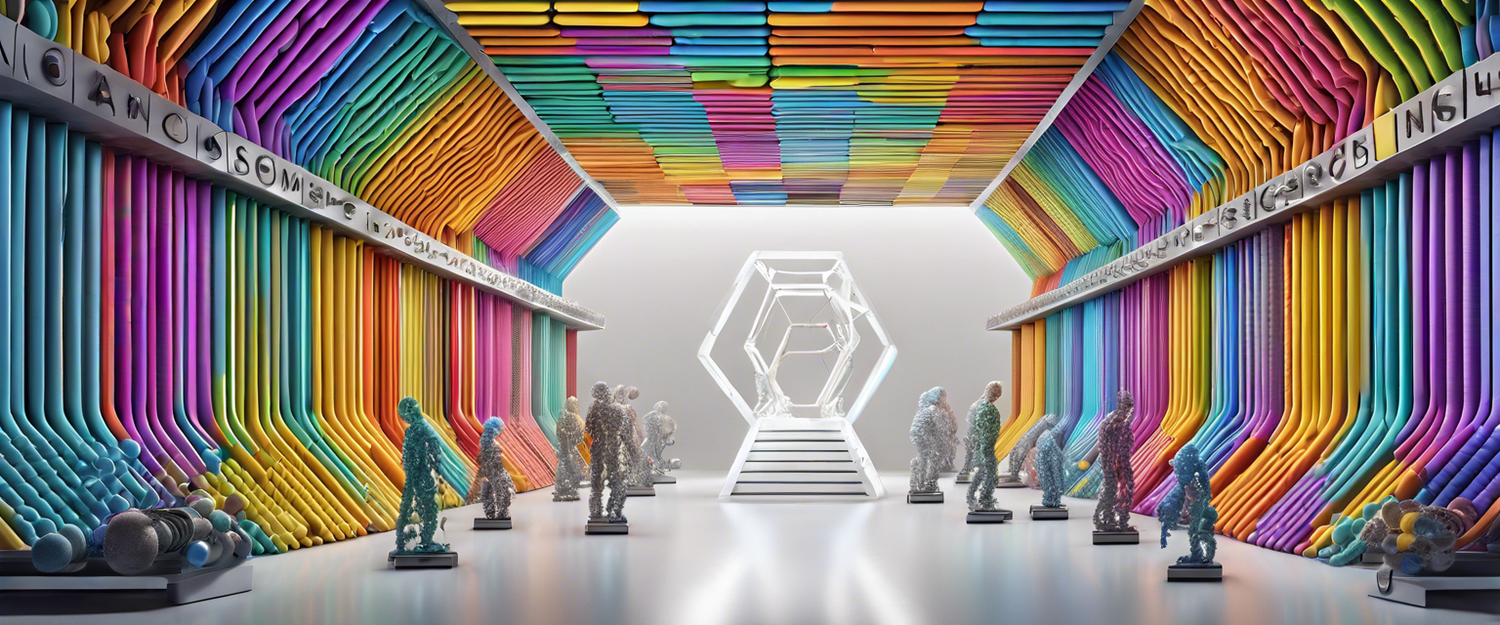The Nobel Prize in Chemistry 2023: Celebrating Groundbreaking Discoveries
Today marks a significant milestone in the world of science as the Nobel Prize in Chemistry was awarded to three trailblazing scientists. Notably, two of these recipients are prominent figures at Google DeepMind: Demis Hassabis, the CEO, and John Jumper, a senior research scientist. Their acclaimed work focuses on proteins, which the Nobel committee describes as the "chemical tools of life." This article delves into their groundbreaking discoveries and the implications for science.
The Revolutionizing AlphaFold2 AI Model
The Nobel committee recognized Hassabis and Jumper for their creation of the open-source AlphaFold2 AI model, which accurately calculates the structure of human proteins. The committee highlighted that, "With its help, they have been able to predict the structure of virtually all the 200 million proteins that researchers have identified.” This is a revolutionary advancement that has significant implications for the field of biology.
David Baker and His Contributions to Computational Protein Design
Alongside Hassabis and Jumper, David Baker received the Nobel Prize for his pioneering work in computational protein design. Since successfully designing a unique protein back in 2003, Baker has developed various proteins that are now utilized in pharmaceuticals, vaccines, nanomaterials, and tiny sensors, contributing immensely to biotechnological innovations over the past two decades.
What the Nobel Committee Said
The chair of the Nobel chemistry committee, Heiner Linke, stated, “One of the discoveries being recognised this year concerns the construction of spectacular proteins. The other is about fulfilling a 50-year-old dream: predicting protein structures from their amino acid sequences.” Linke emphasized that both discoveries open up vast possibilities for scientific advancement.
Impact of AlphaFold2 on Scientific Research
The applications of the AlphaFold2 AI model are extensive. As noted by the Nobel committee, its capabilities include aiding researchers in understanding antibiotic resistance and in the development of enzymes that can degrade plastics. This transformative technology allows researchers to complete work that previously took years in a matter of minutes, marking a significant time improvement in scientific research.
AI Technology's Role in the 2023 Nobel Prizes
This year’s Nobel Prize announcements not only shed light on outstanding contributions in chemistry but also highlight the role of artificial intelligence in scientific achievements. The Nobel Prize in Physics was awarded to two scientists (not named in this article) who are credited with laying the groundwork for AI, further emphasizing the convergence of technology and science.
Criticism of the AI Nobel Prize Categorization
Despite the accolades, the classification of the Physics Nobel Prize has faced scrutiny. For instance, Geoffrey Hinton, one of the awardees and a respected figure often referred to as the "godfather of AI," expressed his views on the matter, stating that their work might be better suited for a hypothetical Nobel Prize in Computer Science. In a conversation with The New York Times, Hinton noted, "If there was a Nobel Prize for computer science, our work would clearly be more appropriate for that.”
Conclusion
The 2023 Nobel Prizes underscore the profound impact of scientific innovation on understanding the building blocks of life. The achievements of Demis Hassabis, John Jumper, and David Baker not only pave the way for advancements in protein research but also highlight the inseparable link between artificial intelligence and modern scientific endeavors. As we applaud these pioneers, we anticipate further breakthroughs that will transform our approach to solving complex biological problems.



Оставить комментарий
Все комментарии перед публикацией проверяются.
Этот веб-сайт защищается hCaptcha. Применяются Политика конфиденциальности и Условия использования hCaptcha.